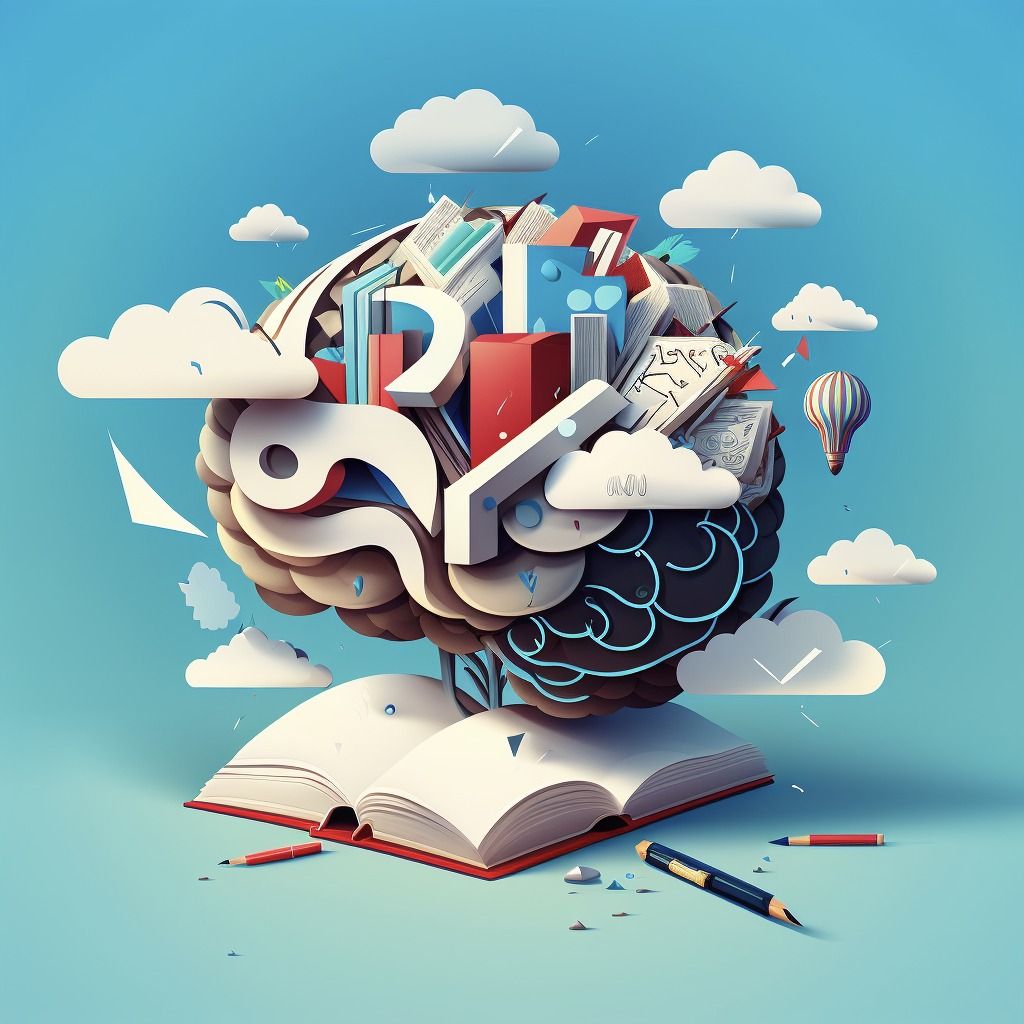Building a Personal Insight Engine

Maya Angelou famously said, "When we know better, we do better." In other words, improving our knowledge can lead to better outcomes in life.
This article is the first in a series designed to help you improve your knowledge more quickly so you can achieve better results sooner. The goal is to show you how to build your own Personal Knowledge Management System, or what I call an Insight Engine. This tool, also known as a Second Brain or Zettlekasten, is like notes on steroids. The explosion in processing power, virtually unlimited cloud storage, connected devices, and fast internet have revolutionized how we store, search, manipulate, and create knowledge and the work we produce from it. Most knowledge workers can relate to Maya Angelou's famous quote because what we know and how we use that knowledge is integral to our work and our success.
During this series, I will share the tools, experiences, and methodologies I've developed as an entrepreneur, engineer, and executive. While I believe everyone can benefit from these tools (I have taught my college-aged children how to use them), I believe leaders need them as much if not more than front-line workers. The staggering complexity and variety of tasks that small business owners are required to manage today is mentally taxing.
If you relate to any of the following situations, then an Insight Engine can help you. Which of these sounds familiar to you?
- Your note app feels like a digital junk drawer (and you're afraid to look in it because it's overwhelming)
- You keep thinking, "I could get this done if I could only sit down and focus," but you never get to sit down and focus.
- You listen to podcasts and audio books, but you don't feel like you're using very much of what you learn.
- You highlight your kindle, but you don't know why, or what to do with those highlights.
- You attend seminars and webinars, but you struggle to put the ideas into practice.
- You take lots and lots of notes, but never refer to them or use them.
- Your to-do list feels overwhelming and never-ending (it's like the to-do version of your notes junk drawer).
- Your focus on achieving your goals is causing your quality of life to suffer.
- You have too many complex tasks only you can do, but do them so infrequently that every time you touch one, it feels like starting over.
However, before we dive into the software and tools, let's lay some groundwork. My goal is to take the knowledge you already have and connect it in new ways to lead to new insights and better understanding. I will use a methodology called ADEPT, which stands for analogy, diagram, example, plain English, and technical jargon. This should make the content more accessible, relatable, and easy to put into practice. I would love to hear your feedback on how I can make this content even more helpful to you.